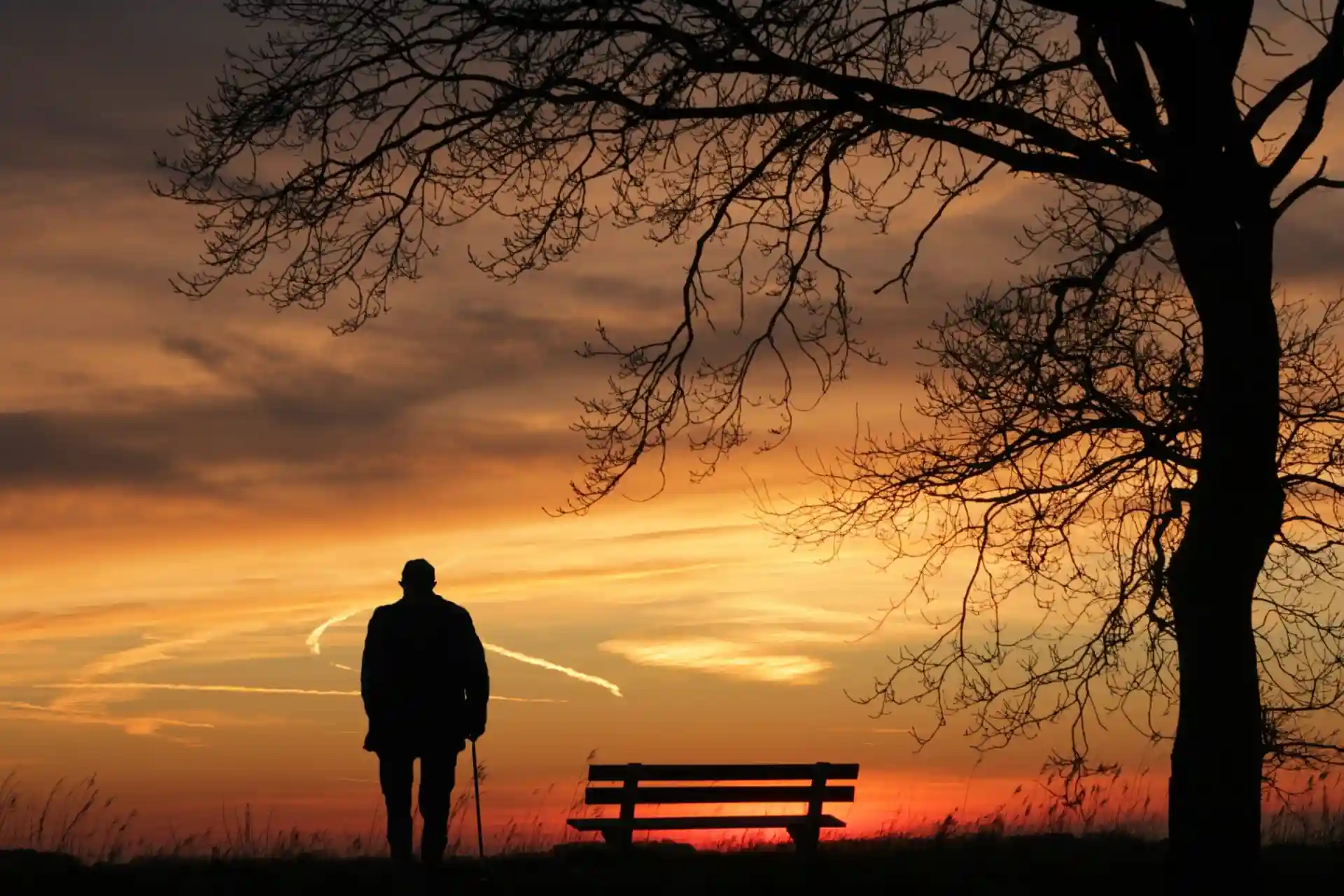Being a good person is not enough: Why do ethics need Islam? (Part 1)
Can we be moral without religion? This question is asked a lot in the secular world. Surveys show that the answer to this question depends on who is asking it: for the poor and religious majority of humanity, the answer is no; and for those brainwashed by the rich, secularized minorities, or aggressive secular regimes, the answer is usually yes.
Ovamir Anjum, head of the Department of Islamic Studies at the University of Toledo (USA) , editor-in-chief of the Yaqeen Institute of Islamic Studies and founder of the Ummatics Institute , writes in the article.
Telling lies, torturing and causing pain to animals, killing or harming innocent people are all bad deeds. Being kind and benevolent, contented, courageous, patient, just and wise are among the good deeds. These principles are called ethics or ethics, and in the Qur'an and prophetic teachings they are referred to as khuluq (in the singular) or akhlaq (in the plural).
All cultures recognize good qualities and actions in some elementary form. However, both in real life and in philosophical thinking, people conflict about what is good. Some preach mercy over justice, while others preach forgiveness and pacifism toward all, even the powerful. While others mean full freedom, they fight for equality or otherwise. Still another category prefers competition to life. Some live by the principle of maximizing dimensional happiness, while others believe in living momentarily in this abstract world. Instead of providing us with a solid edifice of moral imperatives, the universal moral impulse creates endless diversity and disagreement. To make things even more complicated, the world becomes not a museum or a seminar room for debate, but a battleground between good and evil - the victors of evil always seek to change, dominate and deceive others through greed, pride and self-worship, thereby defeating evil. good, by calling good evil, they corrupt our ego, our understanding, and even our language. Thus, to be good requires us not only to make intellectual (mental) choices, but also to commit to and fight for truth and goodness.
Contemporary Issues: Intellectual and Economic Imperialism and Climate Change
Can we be moral without religion? This question is asked a lot in the secular world. Polls show that the answer to this question depends on who is asking it: for the poor and religious majority of humanity, the answer is no; and for those brainwashed by the rich, secularized minorities, or aggressive secular regimes, the answer is usually yes.
People also have different moral styles. Wealthy people in the Global North are good at what might be called corporate ethics: the interpersonal skills required to work in human-founded organizations, such as being in the right place at the right time, telling the truth, and being transparent (in line with the needs of the governing society). It is similar to the traditional folk character, where family and collective virtues such as respect for parents and family ties, generosity are manifested. Also, people living in regions ravaged by colonialism and defunct political and economic systems suffer from low levels of mutual trust, incivility, and the need to survive. Such inquiries about ethics overlook important and systemic truths. First, the world's secular leaders have changed and continue to change what is considered good. Public perception is shaped and changed by them mainly through propaganda. For example, just a century ago, serving one's parents was considered one of the most important moral virtues in the world, from Europe and the Islamic world to China and India. Today, secular, liberal societies have abandoned this virtue, although they have not turned it into a vice. Likewise, greed has always been considered the worst form of evil, and usury or share-cropping has been condemned by all civilizations and throughout history until modern capitalism came to regard it as both a virtue and a necessity.
This points to a deeper problem than economic exploitation and growing inequality: it means that our sense of right and wrong is massively controlled by elites. I call this epistemic imperialism, the colonization of knowledge production, meaning and values by certain key global institutions. Since the 1980s - the rise of globalism - these institutions are no longer just "the West", but have united against the vast majority of people around the world, including the super-rich "global" elites of the global South.
Debates about ethics and ideologies usually have no end in sight. Is there a scientific, empirical way to assess the behavior of successful world rulers, the modern, secular, democratic and wealthy global North? Do we have to wait until the end of time - the end of time - to change, just to see who is right? Faith is part of this test, and therefore, in a certain sense, through it, Allah sends certain warnings out of mercy. It is no coincidence that modern empirical science itself suggests the greatest sign of the moral crisis in modern secular life: climate change. Let's look at an example. There are many parenting styles: traditional and modern, authoritarian, soft, strict, loving, or disciplinary. Imagine if parents deliberately and recklessly sold and wasted the only house their children could live in, from every brick to its furniture, and their young children would starve, beg on the streets, or die. . It is clear that all parties agree that this is a very strange way of parenting. Modern science tells us that the secular, capitalist way of life has been the parent of the world. Countless scientific articles, books, and documentaries report impending environmental doom. To see the picture more clearly, it is necessary to determine three aspects:
• In the 200 years since the Industrial Revolution in the 19th century, humans have consumed almost all of the fossil fuels accumulated on Earth over 200 million years through natural processes. Atmospheric carbon and deforestation and species extinction rates took on an unstable hockey stick shape during this period.
• according to conservative estimates, about 5% of the entire population consumes 35% of the world's resources. This means that if we all lived like modern Westerners, 80% of the people on earth would need another planet. This in itself indicates that secular modernity is a path to mass destruction of entire peoples, regions and cultures.
• the main culprit is not population growth, but lifestyle. To understand this, it is necessary to pay attention to the fact that during the century since 1890, the world's population has increased by 4 times, but the use of water has increased by 9 times, the world economy by 14 times, and the consumption of energy by 16 times.
All of this shows that secular modernity—since the 19th century, when Westerners began to embrace modern values—killed the planet. At a time when the world's poor masses, including the majority of Muslims, are being pressured to modernize and secularize, leading scholars and researchers generally emphasize that the traditional, collective, and altruistic morality that is becoming history is necessary for human survival.
All this was simply a description of the material destruction of the earth: we have not yet faced the deeper problems of loss of faith in God, spiritual and psychological crises, the meaning of life and goodness. These two are closely connected, as Allah Almighty promised in the Holy Qur'an: "Whoever turns away from My remembrance, his life will be narrow. We will raise him blind on the Day of Resurrection" (Surah Toha, verse 124).
To be continued.


